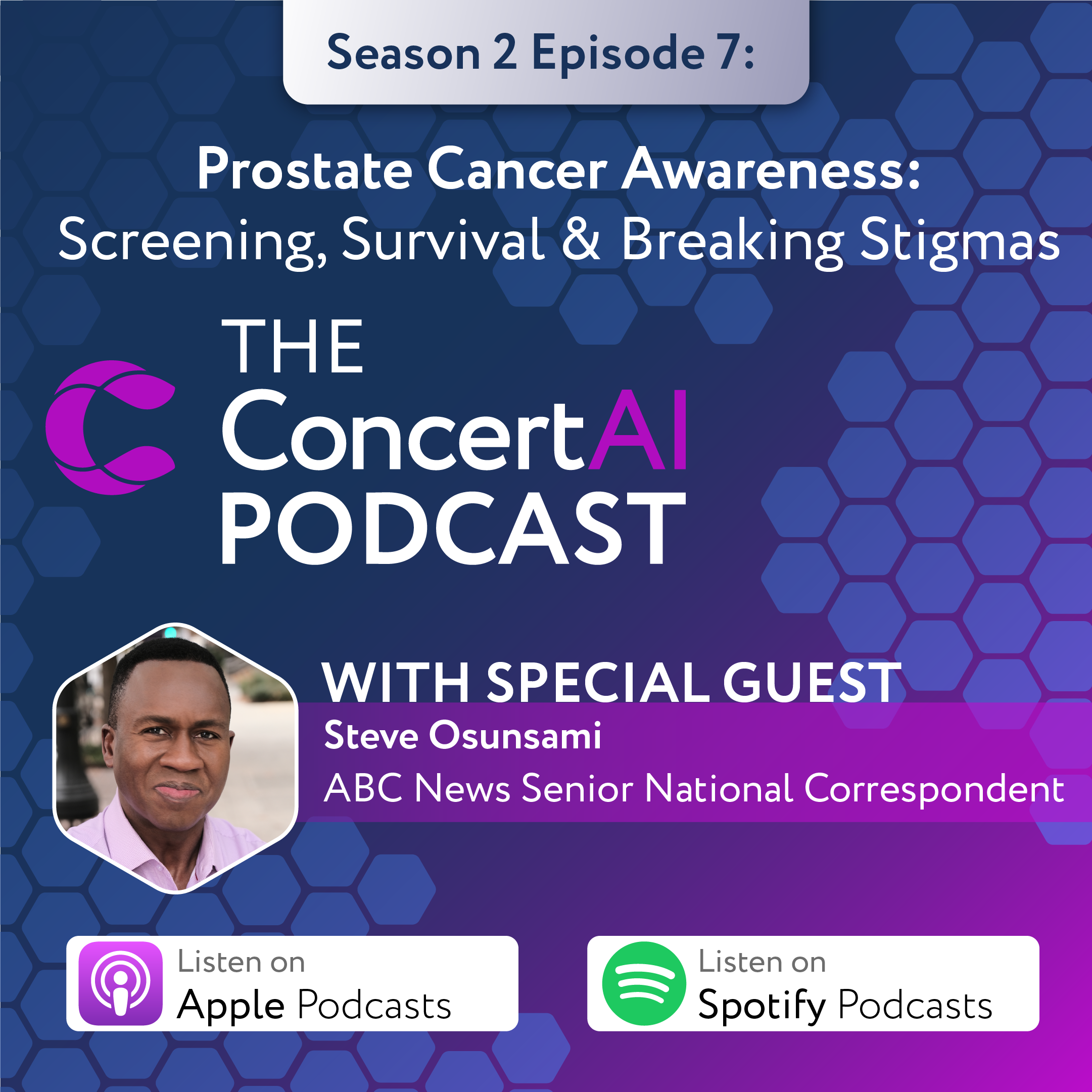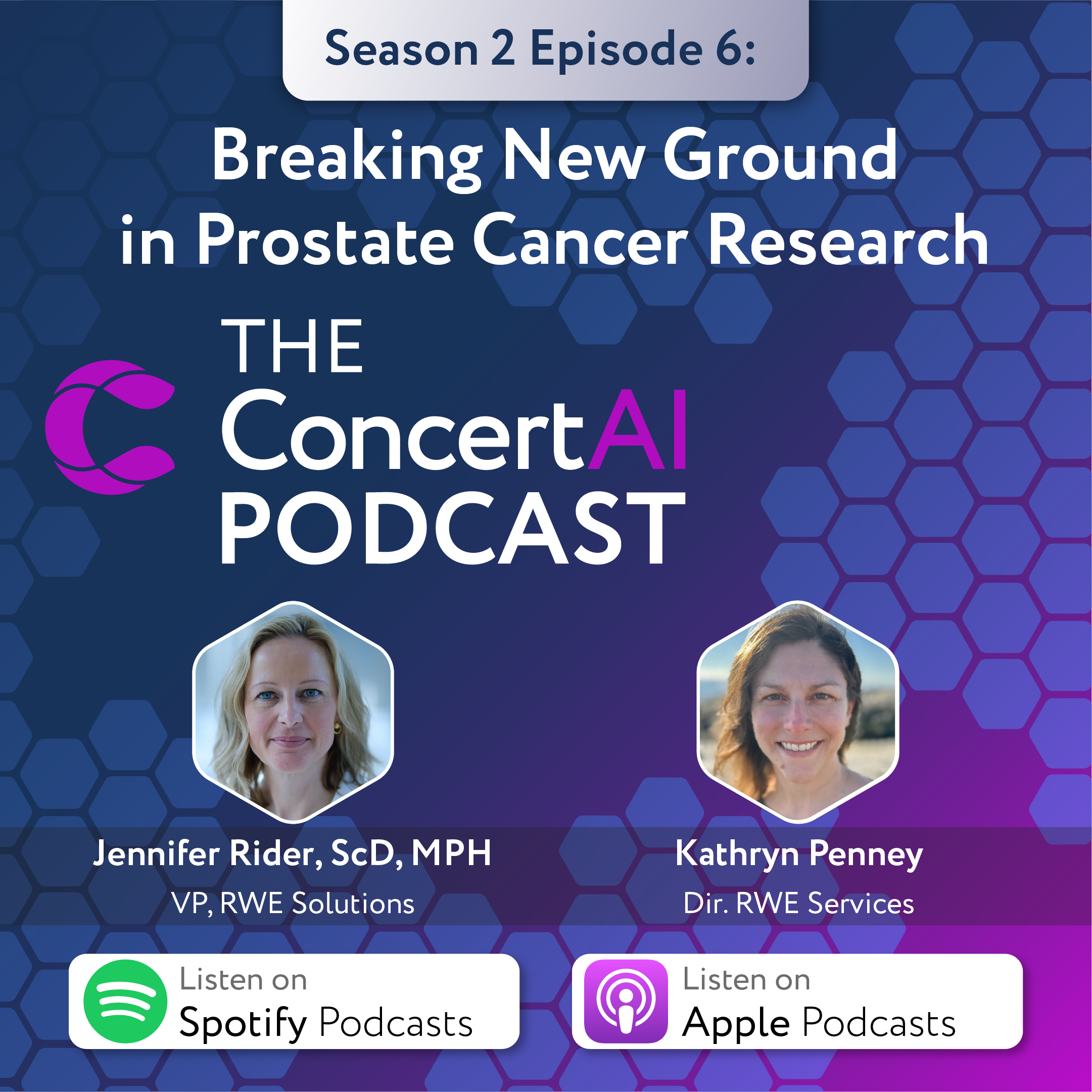The ability to expand clinical trial eligibility criteria quickly and efficiently is becoming a critical aspect of clinical trial design, to maximize the number of patients who can participate and benefit from new and experimental drugs and to increase the generalizability of study findings.
New research based on a Real-World Data (RWD) analysis of patients with advanced non-small cell lung cancer (aNSCLC) showed that broadening eligibility criteria would increase the number of patients that could participate in clinical trials by nearly 46%. These findings were presented at ASCO 2019, as an oral presentation part of the highly selective press program, based on findings from a (this sentence appears to be cut off on live site).
ConcertAI provided this RWD and analysis to ASCO’s CancerLinQ, which is part of an innovative research collaboration between ASCO and the U.S. Food and Drug Administration. The RWD analysis consisted of a retrospective observational analysis on a de-identified CancerLinQ Discovery® dataset of 10,500 aNSCLC patients, in which researchers compared existing clinical trial eligibility criteria against expanded criteria recommended by ASCO and Friends of Cancer Research. This research helps bring an understanding of patients to clinical researchers and regulators at a speed and confidence-level not yet possible with traditional methods.
Researchers found that broadened eligibility criteria can help accelerate accrual, create a more equitable balance between drug toxicity and access to clinical trials for less fit patients and, importantly, allow for improved patient representation that is more reflective of real-world use. This is especially important for subpopulations with rare cancers as it is extremely difficult to find and recruit these patient populations into clinical trials.
Research authors urge all clinical trial sponsors to adopt these expanded criteria.
The rapid-query engineered RWD products designed by ConcertAI enable researchers to see the impact of eligibility criteria on their study protocol in real-time, allowing them to reevaluate and alter study designs to include more patients and conduct more successful trials.
Learn more by accessing the ASCO abstract and read our full press release here.

